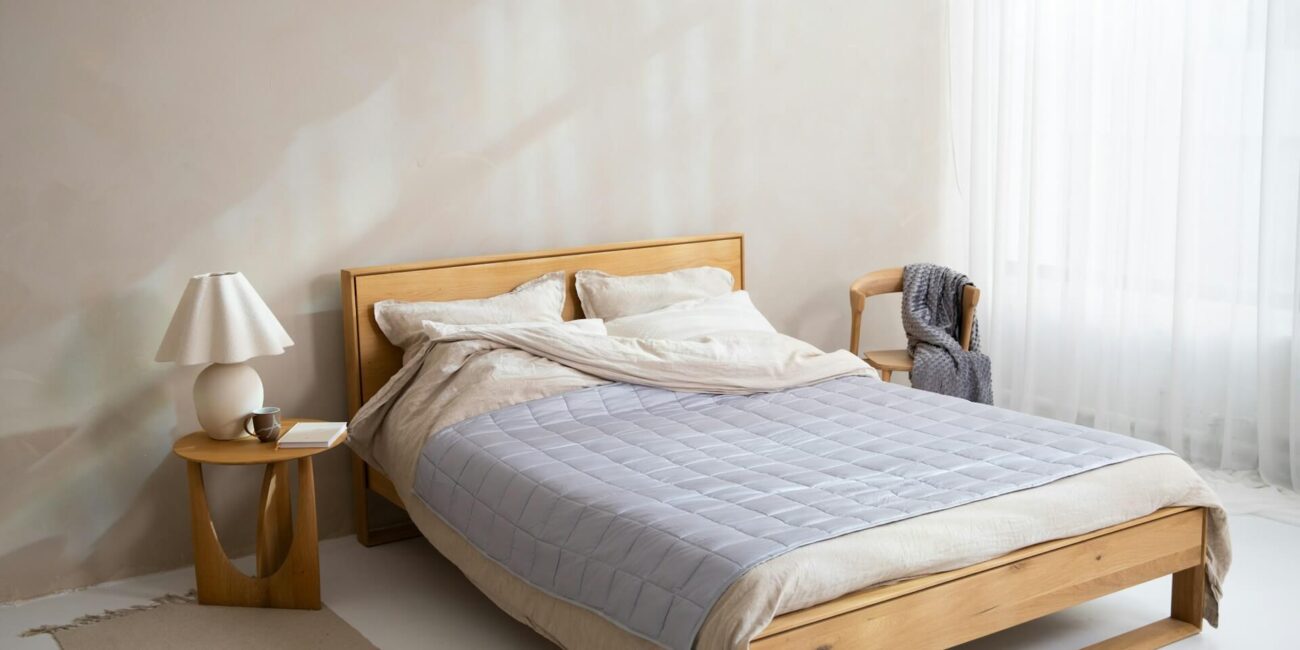Have you ever wondered why some nights you drift off into a peaceful slumber, while other nights you toss and turn, unable to quiet your racing thoughts? It turns out, there is a science behind sleep, and understanding it can help us improve our sleep quality and overall wellbeing.
In this blog post, we will delve into the fascinating world of sleep, exploring the different stages of sleep, the importance of a consistent sleep schedule, and practical tips for creating a sleep-friendly environment.
So, grab your favorite blanket, settle into a cozy corner, prepare to unravel the mysteries of sleep, and discover the key to unlocking a restful night’s sleep.
The Science of Sleep
Sleep is a vital part of our lives that often goes unnoticed. It’s a complex and incredibly important process that enables our bodies to restore and rejuvenate themselves each day. The science of sleep is a fascinating field that has deepened our understanding of this essential function.
Researchers have discovered that during sleep, our brains are busy consolidating memories, cleaning out toxins, and preparing for the next day. Understanding how to optimize our sleep can improve our overall health and well-being.
Consistency is Key
Consistency is the key to unlocking success in all areas of life. Whether it be in personal relationships, career endeavors, or even something as small as a daily routine, consistency breeds progress.
By consistently putting in effort and showing up day after day, we not only build momentum but also establish trust and dependability. This is especially important in the workplace, where consistent effort and performance can lead to promotions and increased responsibility.
In our personal lives, being consistent in our actions and words can build strong, healthy relationships with those around us.
Improving sleep quality is crucial for overall well-being, and a comfortable sleeping environment plays a significant role in achieving restful nights. Factors such as noise, temperature, and cleanliness can greatly affect your ability to fall and stay asleep.
One often overlooked aspect is ensuring your space is free from pests, which can cause discomfort and stress, leading to disrupted sleep.
By addressing potential pest issues in your home, you create a more serene atmosphere conducive to better rest. To discover effective pest control strategies that can help contribute to a healthier sleeping environment, learn more.
Creating a Sleep-Friendly Environment
Getting a good night’s sleep is essential for our physical and mental well-being. One way to ensure a peaceful night’s rest is to create a sleep-friendly environment in your bedroom.
This can be achieved through several simple steps, such as minimizing noise and light disruptions, keeping the room cool and comfortable, and choosing appropriate bedding and pillows. Consider adding soft lighting, soothing scents, and calming decor to create a relaxing atmosphere.
Sleep Hygiene Practices
Sleep hygiene practices refer to a collection of habits that promote healthy sleep. These practices are crucial for a good night’s rest, and they can include everything from setting a regular bedtime and avoiding caffeine before bed, to creating a comfortable sleeping environment.
By prioritizing sleep hygiene, individuals can improve their quality of sleep and feel more rested and alert during the day. Even small changes, like turning off electronics an hour before bed or investing in a comfortable mattress, can have a big impact on the quality of sleep.
Understanding and implementing sleep hygiene practices is an easy and effective way to improve overall health and well-being.
Conclusion
We spend almost a third of our lives sleeping, yet often overlook its impact on our overall well-being. With the right amount and quality of sleep, we can increase our productivity, boost our mood, improve our memory and concentration, and even reduce our risk of developing chronic health conditions.
By making a conscious effort to prioritize our sleep, we can reap a plethora of benefits and lead a happier, healthier life. So, let’s put our sleep first and make it a non-negotiable priority.



